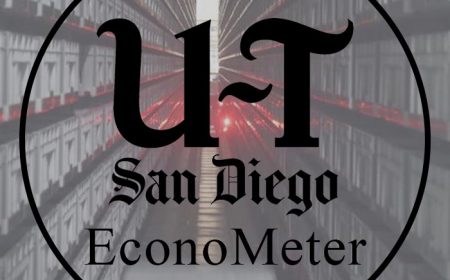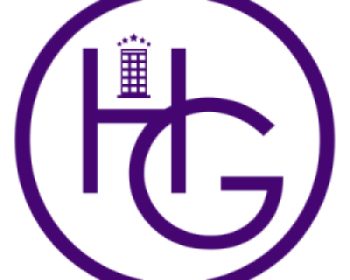Flexing Hotel Labor Today
Written by Bob Rauch and Sarah Andersen
It’s easy to say, “flex down your labor costs” when revenues drop, but is it easy to do?
In a market of uncertainty and seasonal fluctuations, managing hotel property expenses is a challenging job that remains on the forefront of the minds of strategic operators. Hotels that implement a staffing strategy that adapts to these changes will keep operations running smoothly throughout the year and even throughout an economic slowdown. This can be a remarkable way to improve profits when revenues are flat or even down. With a focused attention on payroll, creative training programs, automation, and F&B streamlining, hotel operators can reduce turnover and ultimately cut property costs.
According to both Marcus & Millichap’s national economic outlook and CBRE’s report on hotel profitability, wage growth slowly increased, especially in the hospitality sector. In 2019 an average 3% pay increase is predicted, which is the same as 2018 and 2017 in the U.S. Additionally, the real wage increase is forecast to be 0.6%, down from 1% last year. This takes into account an expected 2.4% inflation rate in 2019. This year minimum wage has also increased in 19 states and 24 cities. This wage growth across the country lends little opportunity to achieve cost savings when average rates remain flat.
To combat this, operators need to find creative ways to retain employees with something other than higher pay. Training is an investment directly linked to employee retention and not only improves output, but will also lead to higher job satisfaction. In times of economic stress, one of the biggest mistakes operators often make to try to manage expenses is cutting training. With maintained training programs, turnover is expected to decrease, productivity will increase, and the cost of finding, hiring and training new employees will shrink as well. This has been proven by almost all major hotel companies over the past 30 years.
With a highly seasonal industry, operators need to ensure their year-round employees have meaningful work during slower times. One successful technique to ensure consistent productivity is cross-training employees for different disciplines within the hotel. This will foster increased work efficiency and will allow employees to take ownership over what happens on property. Employees stronger sense of responsibility will make the most of their talents and skills, ensuring labor cost optimization. For example, in a hotel’s rooms division, Front Desk Supervisors should execute desk responsibilities and whenever applicable, cover all or part of a shift thus reducing agent hours. The Assistant General Manager can also work partial desk shifts in an effort to reduce desk agent hours either on schedule or when agents are sent home early due to limited activity.
Unique Ways Toward Productivity
As an operator, it is critical to decide which positions are mandatory to run an efficient operation. Automation is something that scares many operators but the truth is, automation can improve productivity and virtually never causes a reduction of jobs. As an example, we utilize a service robot from Savioke that delivers sundries, housekeeping supplies and food and beverage items to guests without having to page an employee and pull them off their primary job. Guests love technology so there is no disappointment when our robot arrives and calls the room.
Today’s workmen’s compensation claims have risen sharply in the area of housekeeping employees injured while vacuuming. The answer? A robot from Maidbots. This robot vacuums rooms while housekeepers tend to cleaning the bathroom. While it takes longer to vacuum a room robotically, the productivity increase is significant.
Enrolling in sustainability programs not only lowers energy costs, but can also result in significant labor cost savings. In fact, the Thayer School of Engineering at Dartmouth found that 92 percent of a building’s design, construction, operations, and maintenance costs come from labor and labor-related costs. An example of this realized savings from sustainability efforts can be seen at one of our hotels in San Diego. RAR Hospitality’s management team has implemented the Green Clean program, which offers guests a $5 credit should they opt out of full clean service each day and many hotel companies are implementing a similar program.
In food and beverage, it is time we made it easy for today’s guests to have a choice of self-service with an iPad or assistance from a manager when ordering in a fast casual or casual restaurant. Servers will be able to handle significantly more customers this way. Does it replace servers? Possibly, but it will increase the number of jobs in software development and many servers are educated enough to fill those spots.
The bottom line is, we need to be prepared for a change in economic conditions. With labor being a hotel’s largest expense generator, the benefits of these seemingly minor changes will accrue in increased productivity and reduced overhead. Start now and watch profits rise for another two years. To a strong finish and another profitable year in our industry!






